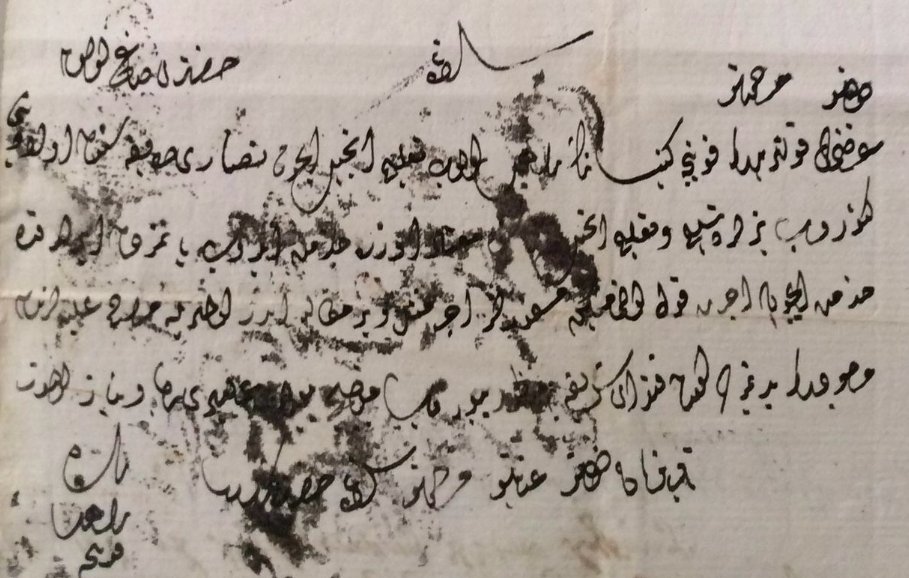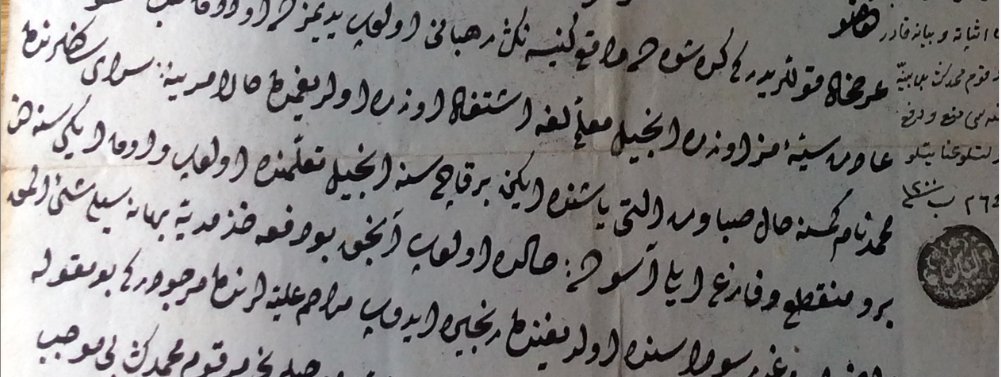Labor in the Ottoman Empire: monastic edition. Franciscan monasteries in Ottoman Bosnia were places where land, labor, and liturgy constantly converged, but let’s focus on work. In the 18th c, monasteries were running novitiate, guesthouse, and managing gardens & animals.
They housed novices and students. Sending boys to the monastery was beneficial for the families. Together with friars, they qualified for tax exemptions. But, the students were tasked with hard labor. They cooked &cleaned. They cared for fields & slaughtered animals.
In the 18th c, this became a problem. Families started demanding compensation, even challenging friars in court. In one memorable case in 1780s, one of the students eventually converted to Islam and demanded that friars pay back the wages he earned in childhood.
But, these were exactly the moments where friars took advantage of the Ott. legal machinery. Fetvas, petitions (see above), fermans… you name it. By skillfully managing genres, arguments, and social circles, they maintained authority and prevented change.
Eventually, change seems to have come from inside. In the 19th c., friars themselves started raising their voices against the old practices, demanding that students focus exclusively on learning.
Results? In the 20th c, famously controversial friar L. Čuturić remembered the turn of the century when women started cooking in the monastery, which was controversial. He noted that there was no man left in Fojnica who knew how to cook.

 Read on Twitter
Read on Twitter



